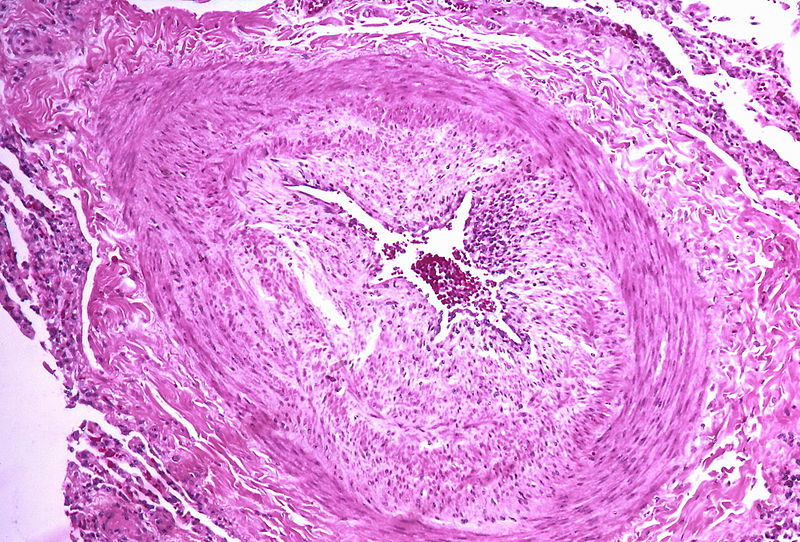
VERO Biotech has received ‘expanded access emergency use’ from the US Food and Drug Administration (FDA) for GENOSYL DS, its inhaled nitric oxide (iNO) delivery system.
The expanded access emergency use allows the immediate use of the system for the treatment of cardiopulmonary symptoms associated with the coronavirus (Covid-19).

Discover B2B Marketing That Performs
Combine business intelligence and editorial excellence to reach engaged professionals across 36 leading media platforms.
Recently, the FDA approved GENOSYL (nitric oxide) gas for the treatment of persistent pulmonary hypertension of the newborn (PPHN).
The tankless inhaled nitric oxide system is said to be valuable at the time of crisis when there is a lack of hospital beds and ventilators.
VERO Biotech president and CEO Brent Furse said: “In this time of a global pandemic and public health crisis, it is critical to explore all potential options for treating both the novel coronavirus and its associated cardiopulmonary conditions.
“Inhaled nitric oxide may provide important benefits and we at VERO Biotech intend to expedite and expand our research in this critical area.”

US Tariffs are shifting - will you react or anticipate?
Don’t let policy changes catch you off guard. Stay proactive with real-time data and expert analysis.
By GlobalDataGENOSYL delivery system is portable and enables health providers to treat patients in both the hospital and home setting.
The home use of iNO is expected to limit the current demand for hospital beds and ventilators by patients suffering from symptoms due to the pandemic.
In addition, the company is working with global academic experts in infectious and cardiopulmonary diseases to analyse the potential clinical benefits of GENOSYL in treating pulmonary manifestations of coronavirus.
GENOSYL is indicated to improve oxygenation and reduce the demand for extracorporeal membrane oxygenation in term and near-term neonates with hypoxic respiratory failure associated with clinical or echocardiographic evidence of pulmonary hypertension.
It is contraindicated in the treatment of neonates dependent on right-to-left shunting of blood.





